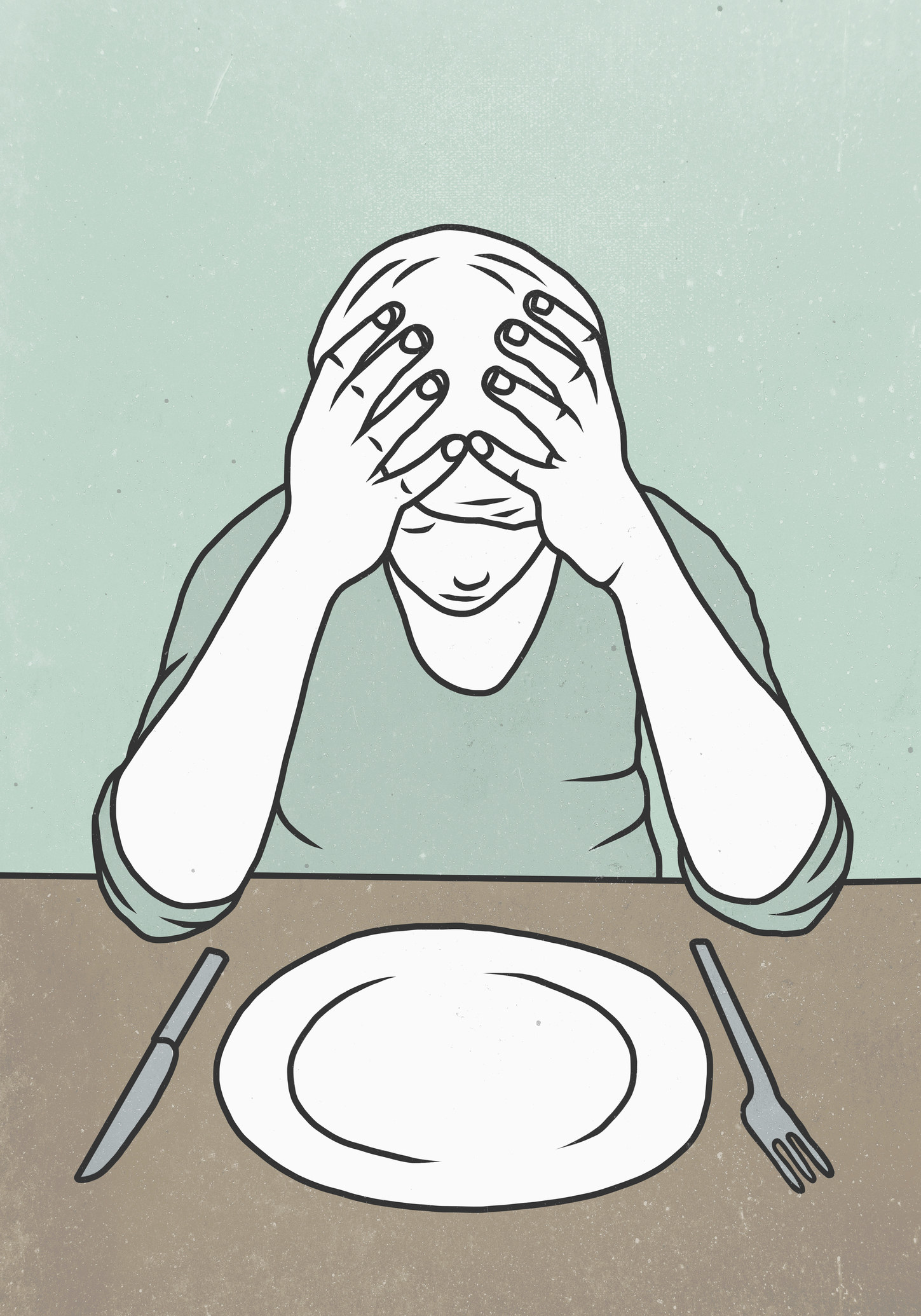

While those in other DSM categories have illnesses, people with personality disorders are often seen as people who choose to be the way we are. We instead are offered a buffet of stigmas and stereotypes. The problem is though that oftentimes, those resources aren’t available to those of us with drunk autopilots. You have to have the mental and emotional tools to analyze yourself and the world around you in a healthy, rational way. And the thing is… you not only have to be willing to put in the work, you have to also be aware. However, healing and growth from trauma, especially extreme and repetitive trauma that is enough to form a full-blown personality disorder, takes a lot of time and effort. Now again, at end of the day, there really is no one to blame but ourselves. Except the thing is, while everyone’s brain has, say, an average autopilot, those with personality disorders have something like a drunk autopilot. It’s not always intentional in fact, most of the time it’s us on autopilot.

But there are many like me who have been extremely harmful to those around them. Of course, not everyone who is very sick is toxic to those around them after all, these are all daily choices we choose to make or not make.

Our baseline, our roots, are tangled, cracked and distorted. While most of the world has a somewhat stable foundation and core, people with personality disorders don’t. In short, I was a mess, living in my own warped wormhole.Īnd the thing is, for me, part of having BPD and a multitude of comorbid mental illnesses meant my thought process and subsequent actions were, and still are at times, deeply flawed. While others processed the events in their lives in a healthy, rational way, I was looking through life with distorted dreamlike lens clouded by paranoia, deep insecurity and irrationality. I later found out I have borderline personality disorder (BPD), which meant I was in a constant state of reaction that could and often was explosive and/or intense. It seemed that while one part of me was trying so hard to collect myself, to be “normal,” the other was constantly self-destructive in the most horrific ways. And despite desperately craving intimacy and love, I panicked every time a real friend - or anyone, for that matter - wanted to get close. There were so many times like this where I would react so extremely to things I felt other people didn’t really give much thought to. I can articulate all this now and clearly see the wrongness of everything but in that moment, I was in a tunnel vision built of my own toxic abuse responses. Here I was, steaming mad at this toddler, at my baby brother who really didn’t even know any better over replaceable paper and stickers. I wanted to tear my skin off and die right then and there. I felt as if I was emotionally reliving every horrible thing that had ever happened to me. I felt as if I couldn’t breathe and my world was falling apart. I don’t even clearly remember everything. I screamed, started bawling, throwing things, pulling my hair and swearing I’d never interact with my baby brother ever again. Now, of course, every little kid would be upset. He was about 2 or 3 years old and I was around 10. I remember one instance where my first younger brother, Thomas, went into my room and tore up my Korean diary book (Some of you may know of those little booklets with pretty paper and stickers you’d trade off with your classmates). I loved, and still love, my brothers deeply but it was like watching a train wreck happen repeatedly, except I was the one crashing the train. It wasn’t fair, it wasn’t right, but it happened. Growing up, I faced a lot of what is now known to be “adverse childhood experiences.” Abuse was present nearly every stage of my development and my way of survival was to lash out - at myself, my brothers and sometimes others. How we choose to adapt to the world around us and respond to what we are given says a lot about who we are.īut what happens when you make the wrong choices? What happens when you’re no longer the victim but rather the victimizer? What happens when you are the root of the toxicity? When we go through hardships and endure trauma, we absorb that damage and it, in turn, permeates every facet of our lives, including who we are. I’ve thought a great deal about that saying: “Hurt people, hurt people.” While I don’t think it should be used to absolve people of their wrongdoings, I do see some truth in it. And perhaps hardest of all is admitting you were wrong in the same way others have wronged you, or worse. It’s even harder to admit you were wrong multiple times. It’s never an easy thing to admit you were wrong.


 0 kommentar(er)
0 kommentar(er)
